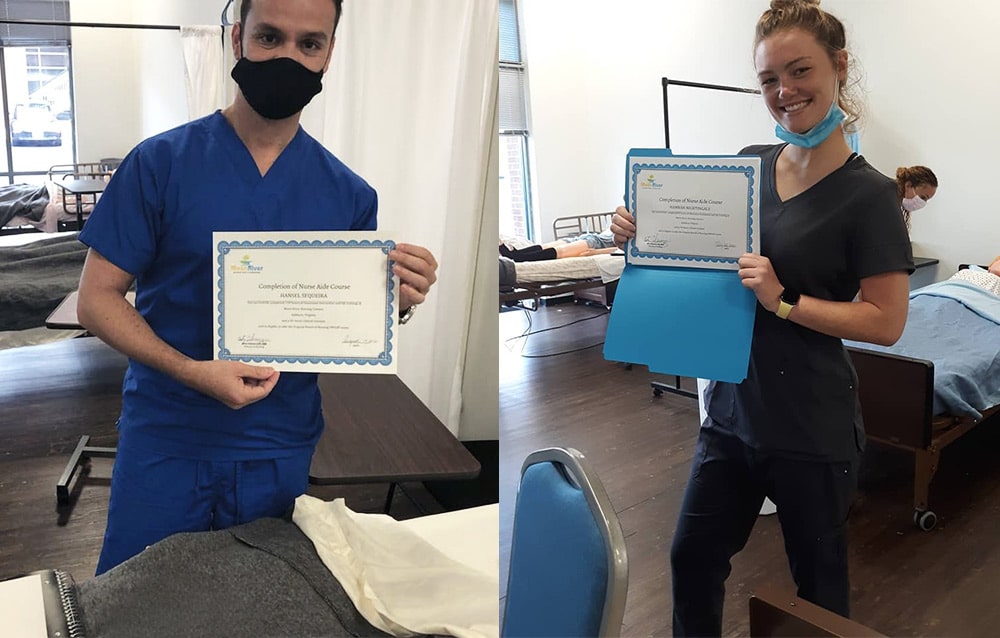Training to be a CNA
If you’re considering a career as a Certified Nursing Assistant (CNA), you’ve come to the right place. As a CNA, you play an essential position in any healthcare facility. It is an extremely rewarding job that consistently impacts and improves the lives of patients. If you’re just beginning your journey, this article will provide you with the best tips and tricks in the industry.

Prepare
Perhaps one of the most important parts of preparing for CNA training is properly researching your program and making sure you choose the training that is best for you and your schedule. Additionally, you may qualify for funding for financial assistance to help cover the cost of training.
For example, the Workforce Opportunity Act program is specifically designed to support job low-income seekers and employers by providing access to education, training, and career development opportunities. With WIOA, individuals can receive financial assistance to cover the cost of CNA training, which includes both classroom instruction and hands-on clinical training.
Study Techniques
After completing the training, you will need to pass the National Nurse Aide Assessment Program (NNAAP) which consists of two parts:
- Written (2 hours)
- 70 questions
- 60 multiple – choice
- 10 reading comprehension
- Skills Evaluation (25 minutes)
- 5 randomly selected nurse aide skills will be given to you to complete
Exam Preparation
When preparing for this exam, it’s crucial to start studying ahead of time and not wait until the last minute. If you work well with others, you may want to consider forming a study group with other people also planning to take the exam. This will help you stay on top of your work and also have help on topics you may have a hard time understanding. It’s also a good idea to take a few practice tests in a setting similar to the exam in the weeks leading up to the test. This way, you’ll have a good idea of what you might score, your strengths, and your weaknesses.
Clinical Skills
During CNA training, you will get a lot of experience and practice with your clinical skills. You will learn proper hand hygiene, how to use the transfer belt, proper personal protection equipment, feeding skills, and more. It’s important to practice regularly and pay close attention to details. These clinical skills require lots of practice to develop proficiency and consist of a lot of steps and specific protocol so it’s important to practice regularly and pay close attention to details.






